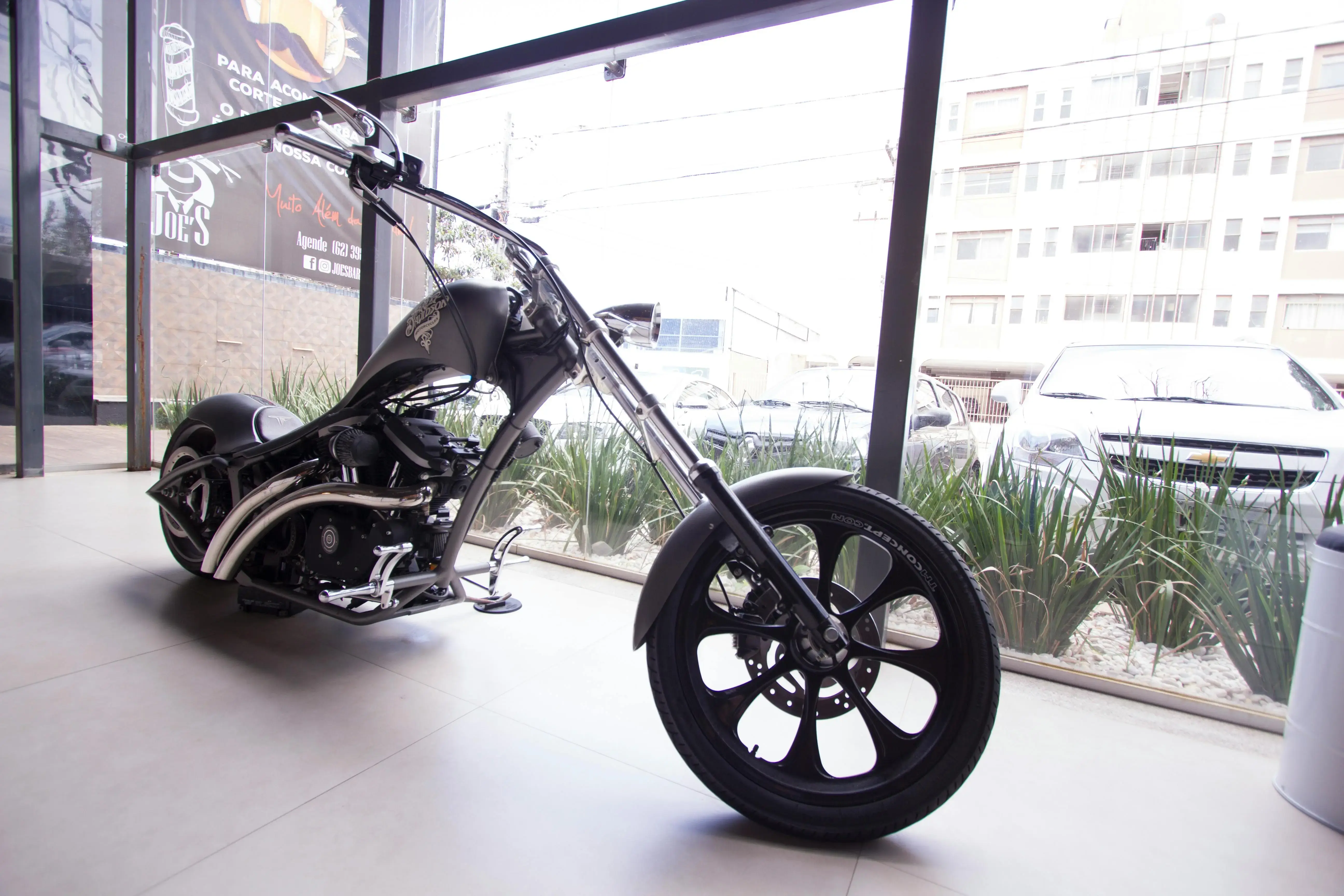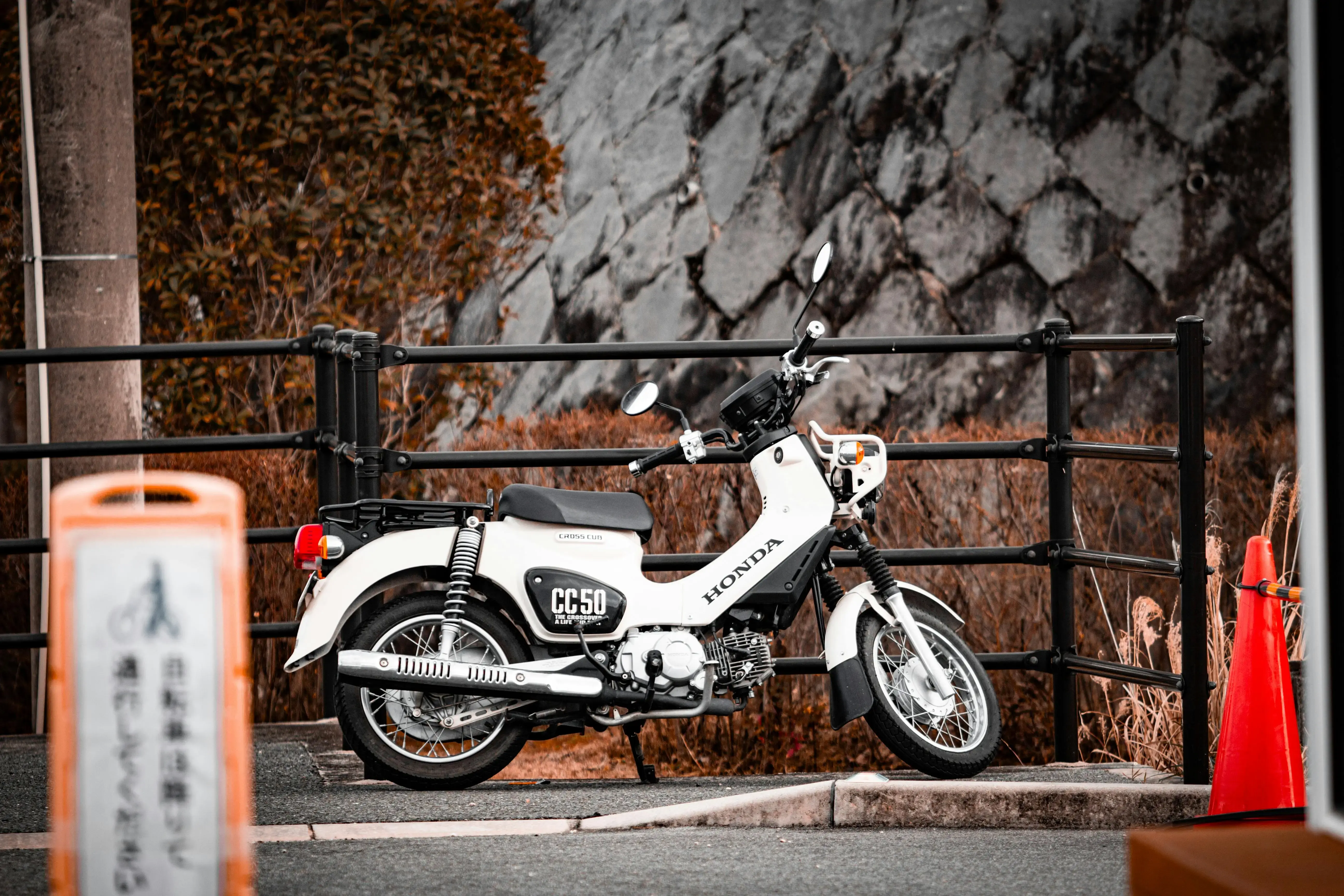Auto Parts Tariff Impact: Reshaping US-Japan Supply Chains in 2025
The May 3, 2025 implementation of a 25% tariff on imported auto parts has triggered a seismic shift in global automotive supply chains. While the earlier 25% tariff on imported vehicles disrupted finished car markets, this new policy directly targets the lifeline of automotive manufacturing: engines, transmissions, electrical systems, and other critical components. For Japan-a hub of precision auto parts production-the tariff has forced rapid adaptation, reshaping decades-old trade patterns and creating both challenges and opportunities for U.S. importers.
Overview of the 25% Auto Parts Tariff
Key Details
-
Effective Date: May 3, 2025
-
Scope: 25% duty on engines, transmissions, electrical components, brakes, and 600+ other parts (per Federal Register Notice).
-
Exemptions:
-
USMCA-compliant parts (≥55% North American content)
-
Components for classic cars over 25 years old
-
Immediate Impact on US-Japan Trade
Japan exported $32 billion in auto parts to the U.S. in 2024, accounting for 18% of total U.S. parts imports. The 25% tariff adds approximately $8 billion annually to the cost of these components, forcing manufacturers and suppliers to rethink procurement strategies.
Component-Specific Impacts
1. Engines & Transmissions
Japan supplies 27% of U.S. engine imports and 34% of transmissions. The tariff has caused immediate price spikes:
| Component | Pre-Tariff Cost | Post-Tariff Cost | Japanese Market Share |
|---|---|---|---|
| 2.5L I4 Engine | $4,200 | $5,250 | 31% |
| 8-Speed Automatic | $1,800 | $2,250 | 29% |
| Hybrid Powertrain | $6,500 | $8,125 | 42% |
Case Study: A Tennessee-based Nissan assembly plant now pays $2.1 million extra monthly for Japanese-sourced CVT transmissions, prompting a shift to Mexican suppliers.
2. Electrical Systems
Japanese firms like Denso and Panasonic dominate advanced electrical components:
-
EV Batteries: 25% tariff adds $1,875 to a $7,500 battery pack.
-
ECUs: $220 → $275 per unit, affecting 1.2M U.S.-built vehicles annually.
3. Aftermarket Parts
The tariff hits repair shops and DIY enthusiasts hardest:
-
Brake Kits: $400 → $500 (Mitsubishi OEM)
-
Suspension Parts: $1,200 → $1,500 (KYB shocks)
The 3.75% Financial Relief Program: Limited Lifeline
To offset tariff costs, the U.S. introduced a two-year import adjustment offset:
-
2025-2026: 3.75% of aggregate MSRP for U.S.-assembled vehicles
-
2026-2027: 2.5% of aggregate MSRP
How It Works
A manufacturer producing 100,000 vehicles at $35,000 MSRP could claim:
-
2025 Relief: $131 million (3.75% of $3.5B total MSRP)
-
Catch: Relief applies only if 85% of parts are USMCA-compliant by 2026-a threshold few meet.
Reality Check:
-
Only 12% of U.S.-assembled vehicles currently meet 85% domestic content requirements.
-
Toyota and Honda estimate needing 18-24 months to retool supply chains for compliance.
Japanese Suppliers’ Adaptation Strategies
1. USMCA Compliance Push
Japanese parts makers are accelerating North American production:
-
Denso: Investing $200M in Tennessee to produce EV inverters locally by Q3 2026.
-
Aisin: Shifting transmission production from Aichi Prefecture to Guanajuato, Mexico.
2. Aftermarket Focus
Suppliers are prioritizing parts exempt from tariffs:
-
Classic Car Components: 0% duty on parts for vehicles over 25 years old.
-
Repair Kits: Bundling taxed parts with exempt items (e.g., gaskets with tools).
3. Price Negotiation Tactics
-
Bulk Discounts: Offering 15-20% off for multi-year contracts.
-
Consignment Models: Storing parts in U.S. warehouses, delaying duty payments until sale.
Supply Chain Restructuring Opportunities
1. USMCA Sourcing Hotspots
| Component | Preferred Sourcing Hub | Cost Savings vs. Japan |
|---|---|---|
| Transmissions | Silao, Mexico | 18% |
| EV Batteries | Ontario, Canada | 12% |
| Suspension Parts | Alabama, USA | 9% |
2. Vintage Parts Arbitrage
Pre-2000 Japanese parts are gaining value:
-
1995-2000 Honda Engines: Up 45% in demand for restomod projects.
-
Nissan SR20DET: $8,000 → $11,000 (37.5% increase since April 2025).
3. 3D Printing & Localized Production
Startups like Legacy Classic Parts now replicate rare components:
-
Cost Example: 3D-printed Toyota 2JZ crankshafts cost $1,200 vs. $2,800 imported.
Case Study: Aisin’s Pivot to Mexico
Challenge: The 25% tariff threatened $420M in annual U.S. transmission sales.
Solution:
-
Shifted 60% of 8-speed automatic production to Guanajuato.
-
Partnered with Mexican steel suppliers to achieve 62% USMCA content.
Result: Maintained 92% of U.S. customer base with 14% lower prices than Japanese imports.
How West Coast Shipping Facilitates Compliance
At West Coast Shipping, we focus on what we do best: secure container shipping and customs clearance for vehicles and auto parts. As the 25% auto parts tariff reshapes the US-Japan supply chain, our role is to make the shipping and import process as smooth and transparent as possible for our clients.
Container Shipping Expertise
-
Safe, Enclosed Transport: We load and secure your engines, transmissions, and other valuable parts in dedicated or consolidated containers at our facilities in California, Florida, and New Jersey, ensuring protection from damage, theft, and the elements.
-
Flexible Solutions: Whether you’re shipping a single crate of components or a full container load of vehicles and parts, we offer both dedicated and shared container options to meet your needs and budget.
-
End-to-End Tracking: From warehouse to destination port, our team provides updates and support at every step.
Customs Clearance Support
-
Documentation Handling: We prepare and submit all required paperwork for customs clearance, including invoices, packing lists, and required regulatory forms.
-
Tariff Compliance: Our experienced team stays up to date on the latest US-Japan tariff requirements, ensuring your shipment is classified correctly and all duties are paid promptly.
-
Destination Coordination: We work closely with our network of overseas agents to help you navigate local customs and delivery requirements, so your shipment arrives without unnecessary delays.
For a complete overview of how Japanese auto tariffs are impacting the industry and what it means for your next shipment, see our Japan Auto Tariffs Analysis.
Navigating the New Normal
The 25% auto parts tariff has irrevocably altered U.S.-Japan supply chains, favoring agile importers who leverage USMCA networks and vintage exemptions. While Japanese suppliers face short-term challenges, their strategic shifts to North American production could redefine regional manufacturing for decades.
Need help adapting your supply chain?
Contact our team for tariff-compliant sourcing and logistics solutions.
You May Also Like
These Related Stories

Japan Motorcycle Tariffs on American Bikes: Key Concepts

Japan’s Harley-Davidson Culture: Why American Cruisers Stand Out

-093789-edited.png?width=220&height=79&name=wcs_final_logo_(1)-093789-edited.png)
